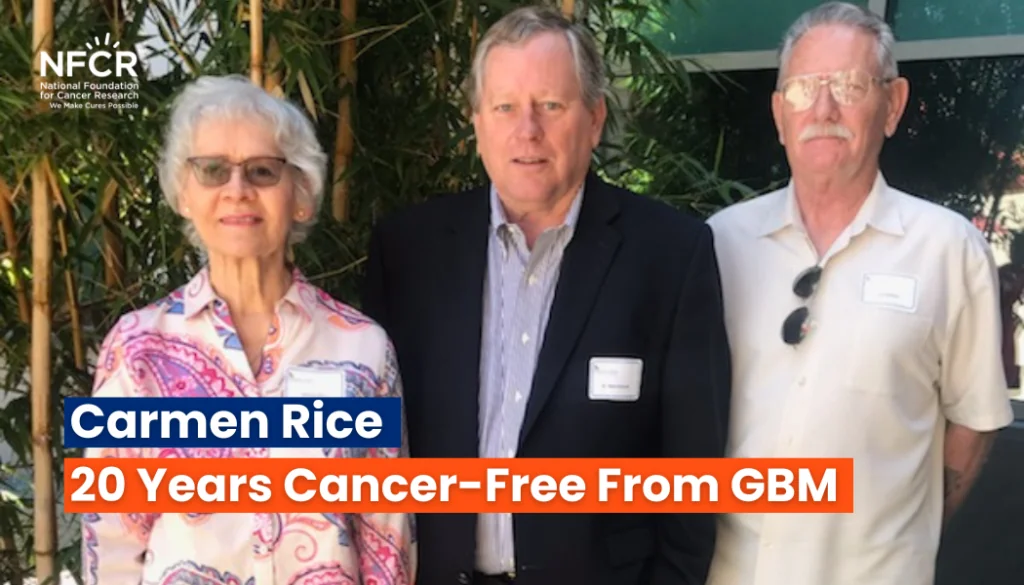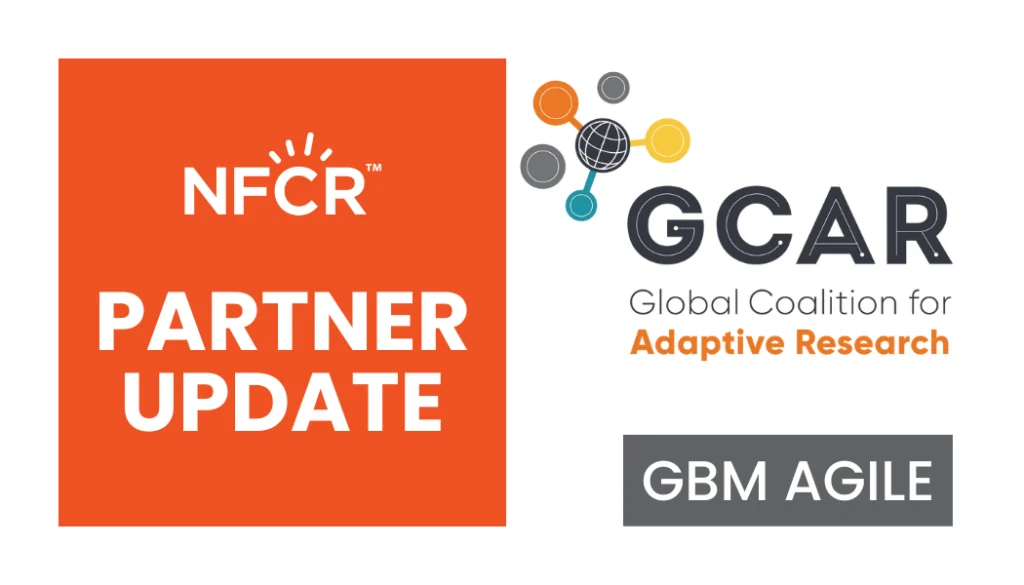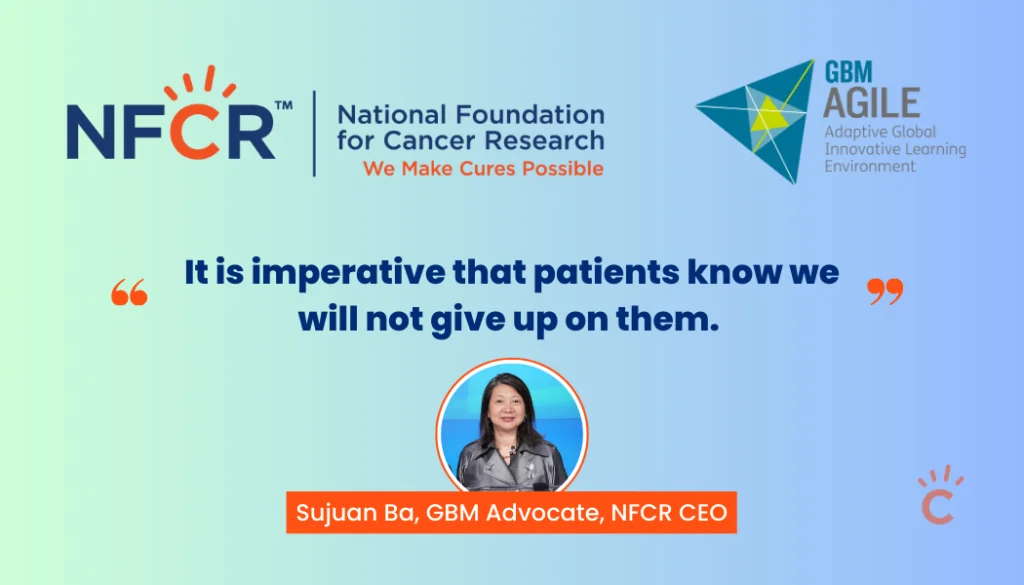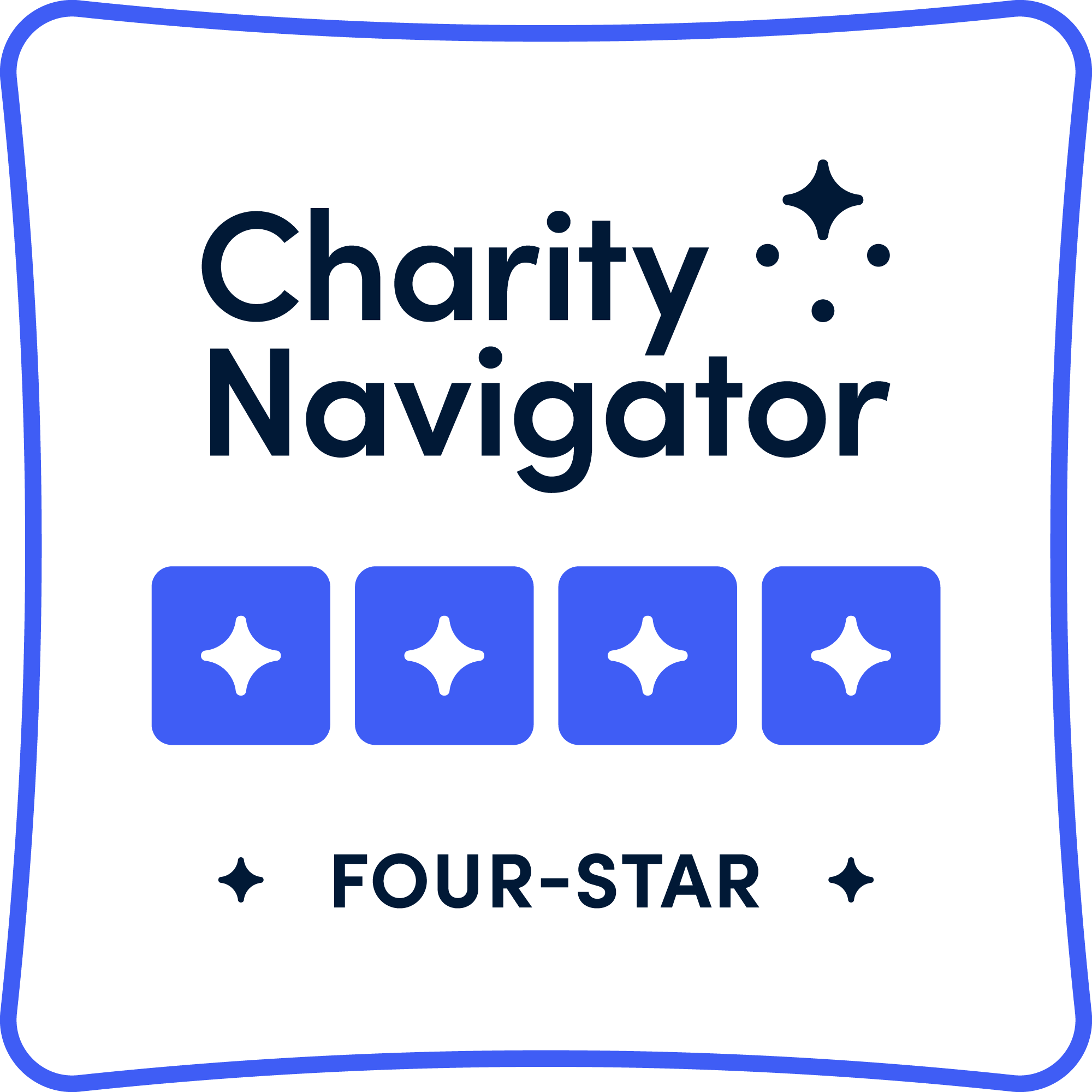GBM AGILE
What is GBM AGILE?
Glioblastoma Multiforme (also known as GBM) is the deadliest brain cancer and is widely regarded as incurable and universally fatal, killing 95% of patients within five years of diagnosis. NFCR is part of a robust, international coalition working on innovative ways to research the disease: the Global Coalition for Adaptive Research (GCAR).
Led by the best and brightest cancer researchers, GBM AGILE is a revolutionary global collaboration to test and develop new brain cancer treatments. Its personalized approach will allow us to accelerate the discovery of targeted treatments for individual patients.
This global coalition has attracted over 150 participants from more than 40 leading cancer institutions across three continents. It implements a new generation of clinical trials – called “adaptive trials” – which allow patients to be enrolled more quickly, receive treatment(s) based on each patient’s individualized response and does not require years of follow-up to determine whether a new experimental treatment is beneficial. By allowing for multiple new drug combinations and treatments to be used while removing ineffective drugs quickly, this revolutionary approach accelerates research for curing the aggressive form of cancer GBM and will serve as a new clinical research model for combating other cancers as well.
Frequently Asked Questions
Why is GBM AGILE different than other clinical trials?
Efforts to improve patient outcomes is underway by replacing conventional clinical trials with faster, cheaper, more adaptable and more in tune with modern molecular medicine “adaptive trials” like GBM AGILE.
GBM AGILE (Glioblastoma Multiforme Adaptive Global Innovative Learning Environment) is a new generation of adaptive clinical trials that allows patients to be enrolled more quickly, receive treatment(s) based on each patient’s own molecular markers and does not require years of follow-up to determine whether a new experimental treatment is beneficial.
What is the National Foundation for Cancer Research’s role in GBM AGILE?
To take action over one of the world’s deadliest diseases, over 150 researchers from more than 40 leading cancer institutions across four continents have joined forces to find cures for GBM by launching the first-ever global, adaptive clinical trial that will revolutionize how brain cancer treatments are tested and developed.
NFCR is proud to be a strategic partner to GCAR and a founder and major financial supporter of the GBM AGILE initiative, as well as part of the executive steering committee helping to develop and manage the trial protocol.
How do I get on this trial?
GBM AGILE will run trials at multiple locations throughout the world. The protocol is in development, and patient enrollment information will be posted as soon as it becomes available.
Who is eligible to enroll in this trial?
Eligibility criteria is currently being finalized. More details coming soon.
Why is this trial only focused on GBM?
GBM is the most common and the most lethal form of brain cancer in adults. Widely regarded as incurable and universally fatal, GBM kills 95% of patients within five years of diagnosis, with more than half dying within the first 15 months after diagnosis. Although there have been hundreds of standard clinical trials for GBM, there is currently no cure and survival rates for patients with GBM have not improved in any meaningful way in over 30 years. This is unacceptable. Patients with GBM (and their families) desperately need better treatments and better outcomes now.
Will there be AGILE trials for other cancers?
While adaptive trials are not yet commonplace, Congress and the U.S. FDA are focused on accelerating their development to benefit patients. In fact, experts predict that systems like GBM AGILE will eventually become the standard for all cancer clinical trials. For the AGILE team, a potential next phase of AGILE trials would be applying the trial design learned from GBM to cancers such as liver and stomach cancer.


